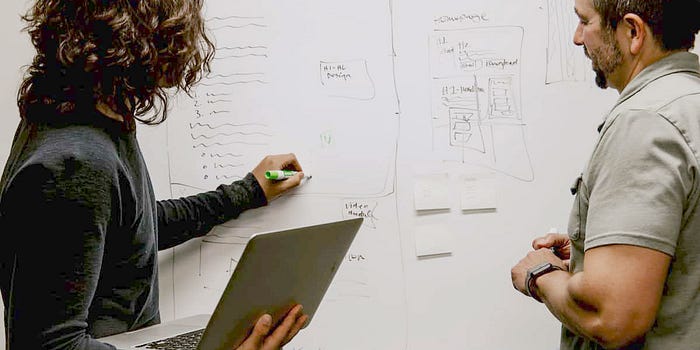6 Proven Knowledge Management Methodologies
Originally published 03-May-17 and 06-Jun-19

In my book, Proven Practices for Promoting a KM Program, I share a number of useful KM methodologies that enable colleagues to take advantage of proven practices and see the value of knowledge management to the organization.
The field of knowledge management offers a wide variety of formal techniques for use by practitioners in organizations of all sizes and types. Below are a few of the methodologies you’ll learn about in my book. I’m sharing six of the techniques in this post; you’ll have to read the book in order to understand the other 10!
- After Action Review is an assessment conducted after a project or major activity that allows employees and leaders to discover (learn) what happened and why. It may be thought of as a professional discussion of an event that enables employees to understand why things happened during the progression of the process and to learn from that experience.
- Knowledge Audit is a systematic process to identify an organization’s knowledge needs, resources and flows, as a basis for understanding where and how better knowledge management can add value.
- Knowledge Harvesting is a tool used to capture the knowledge of experts and make it available to others. The organization can be protected from expensive personnel losses and defections, and from unavailability of expertise when and where needed.
- Knowledge Mapping is a process to help discover the location, ownership, value and use of knowledge; to learn the roles and expertise of people; to identify constraints to the flow of knowledge; and to highlight opportunities to leverage existing knowledge. It clarifies which knowledge resides where (e.g., people, media, organizational units, or sources of knowledge outside the organization) and describes knowledge flow patterns.
- Mind Maps were developed by Tony Buzan as a way of helping students make notes that used only key words and images. They are much quicker to make and — because of their visual quality — much easier to remember and review. The non-linear nature of mind maps makes it easy to link and cross-reference different elements of the map.
- Sensemaking is a process of creating situational awareness and understanding in situations of high complexity or uncertainty, in order to make decisions. It is a motivated, continuous effort to understand connections (which can be among people, places, and events) in order to anticipate their trajectories and act effectively.
For more, see Knowledge Management Methodologies.
